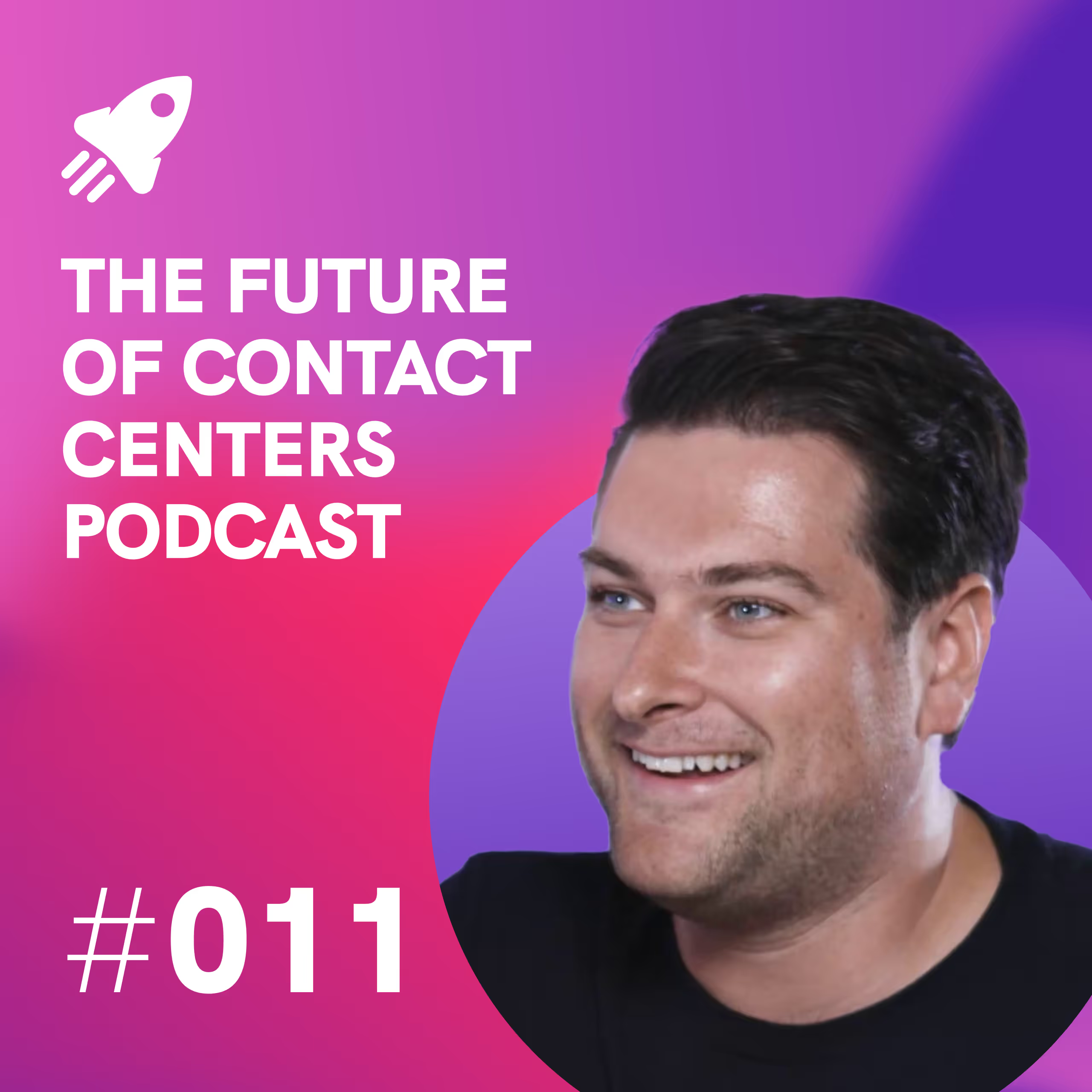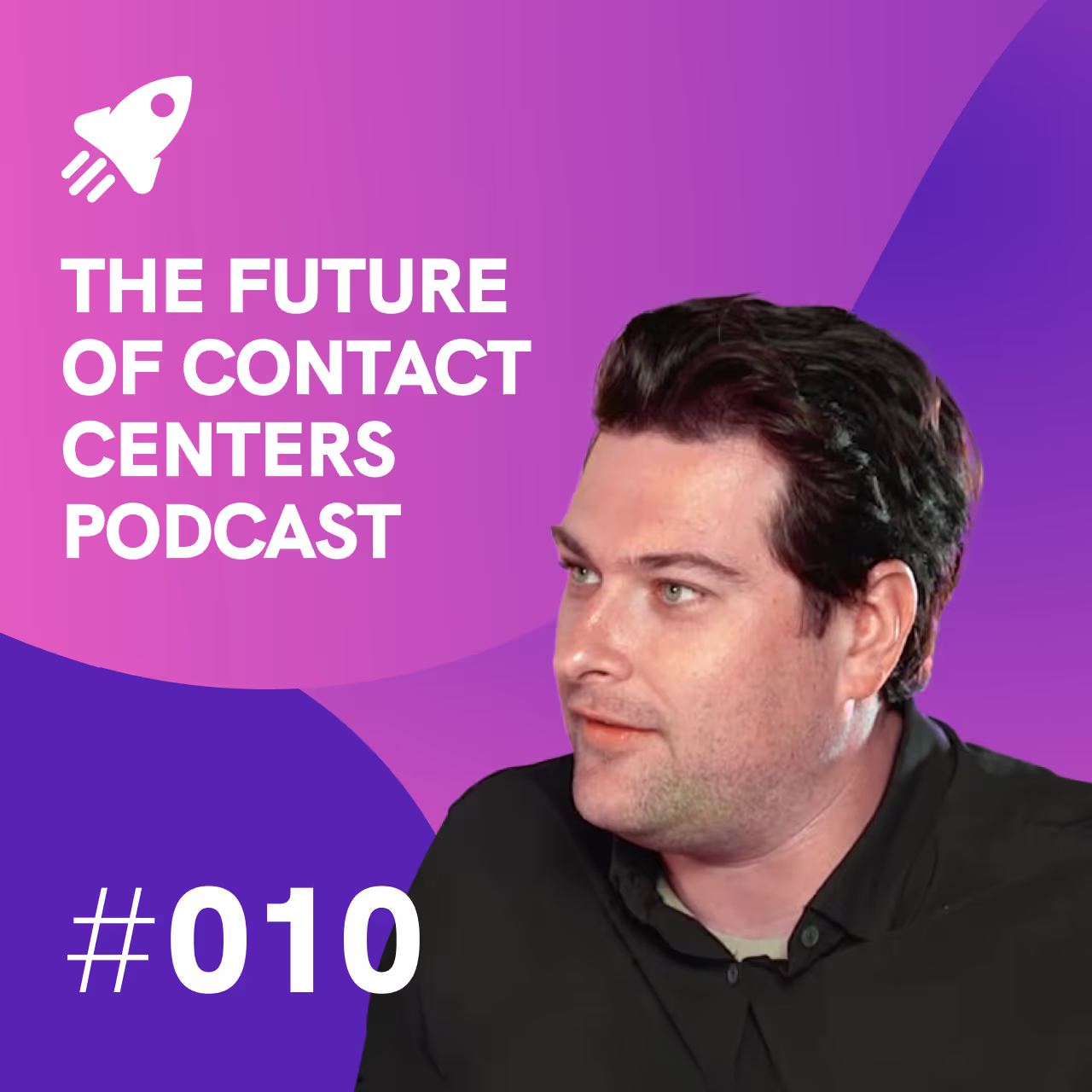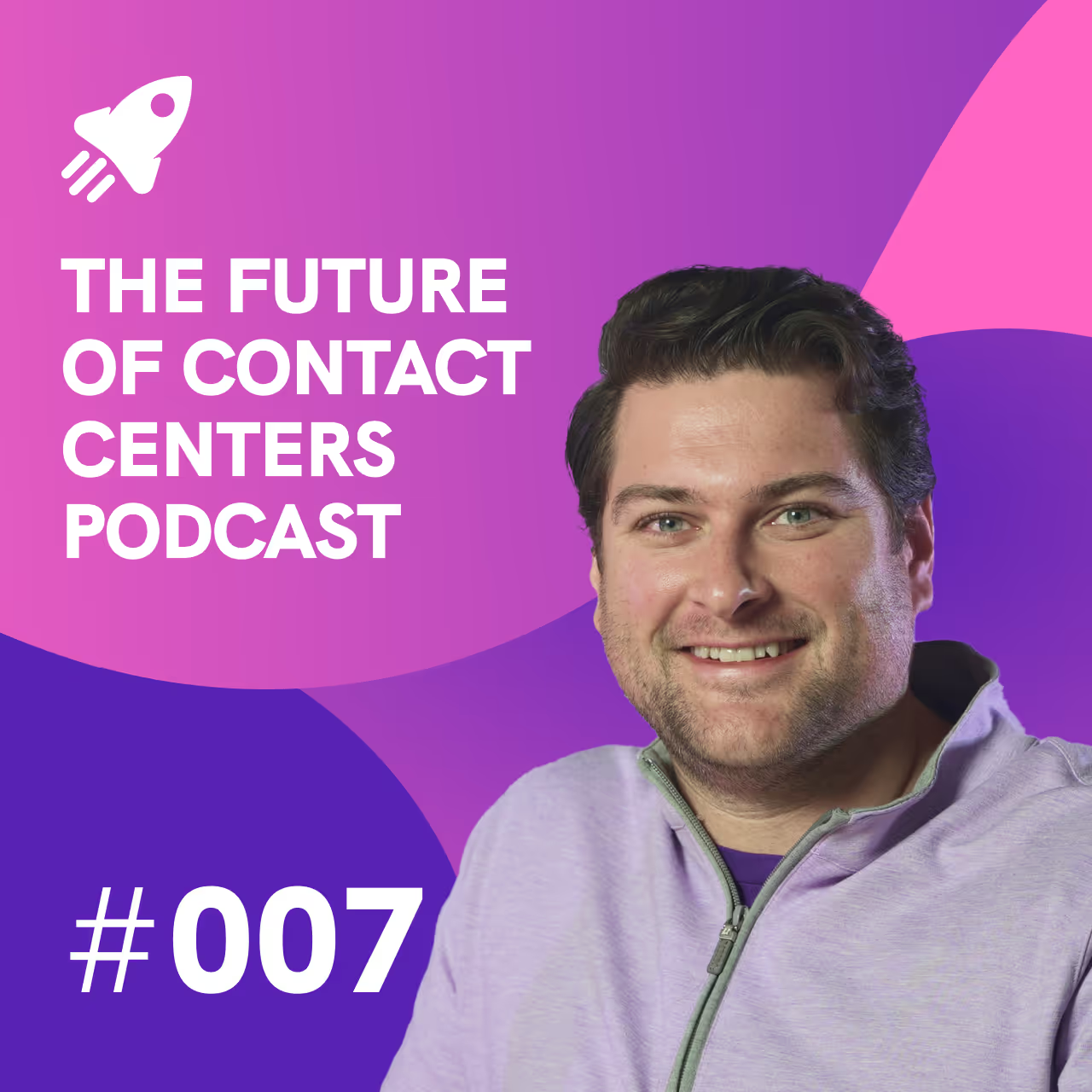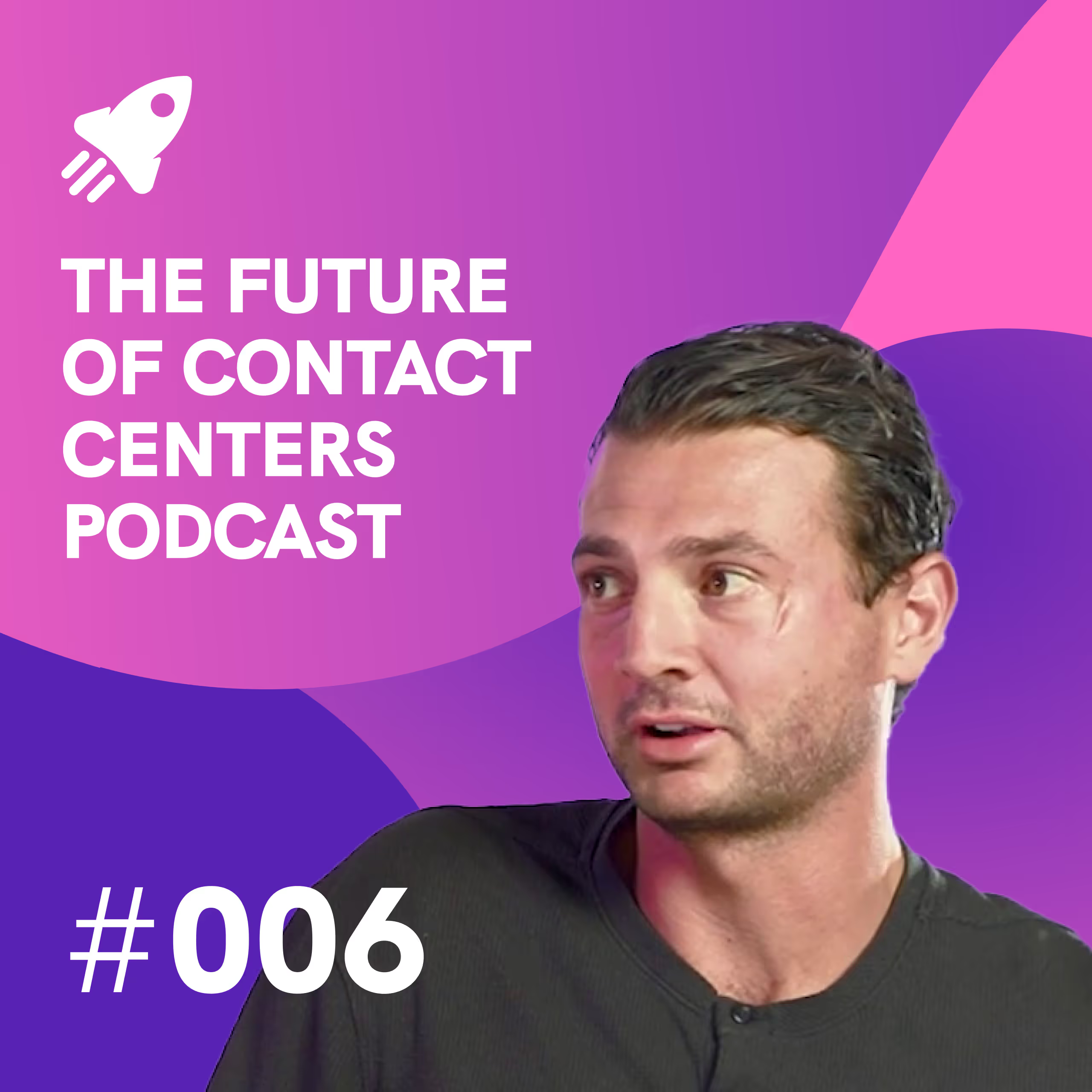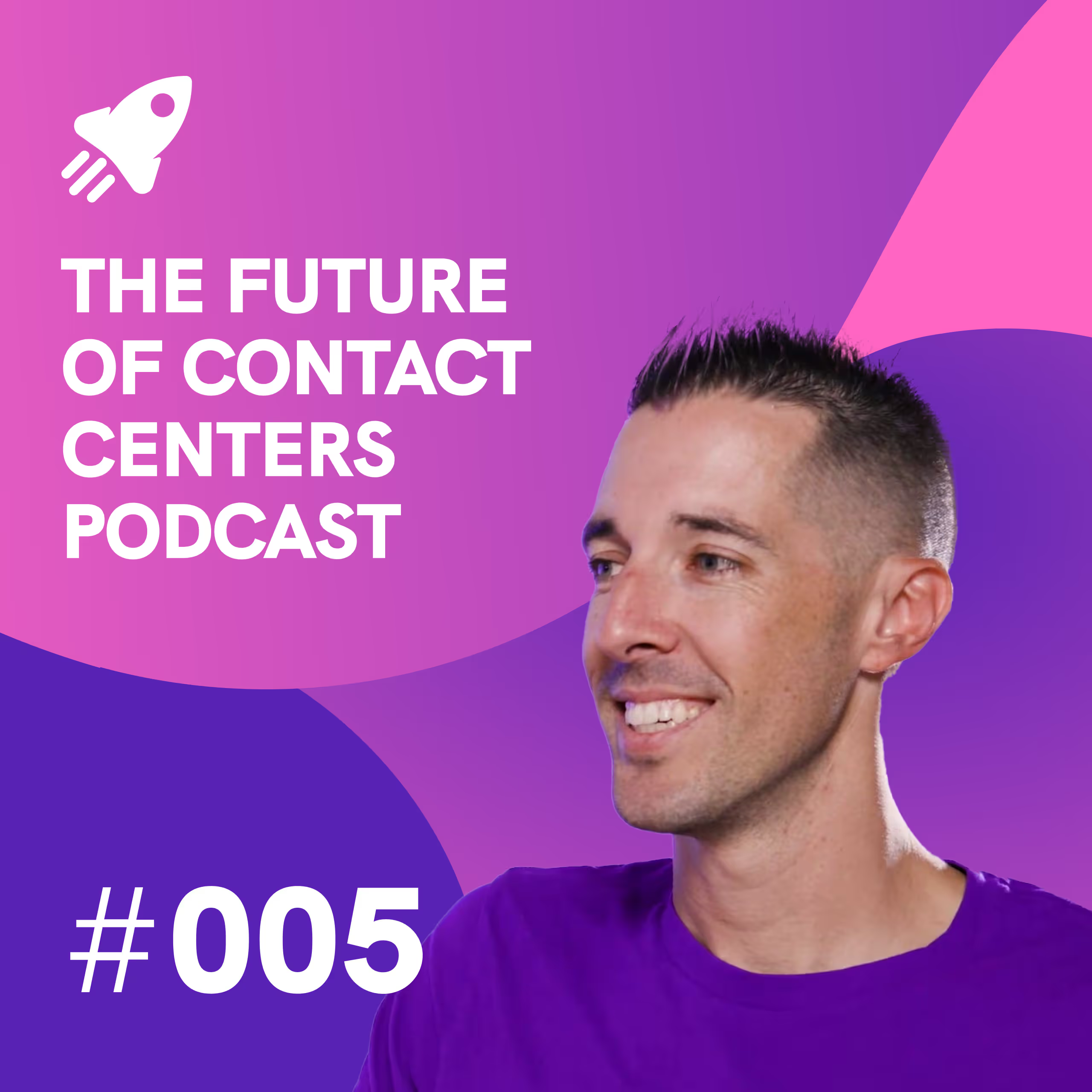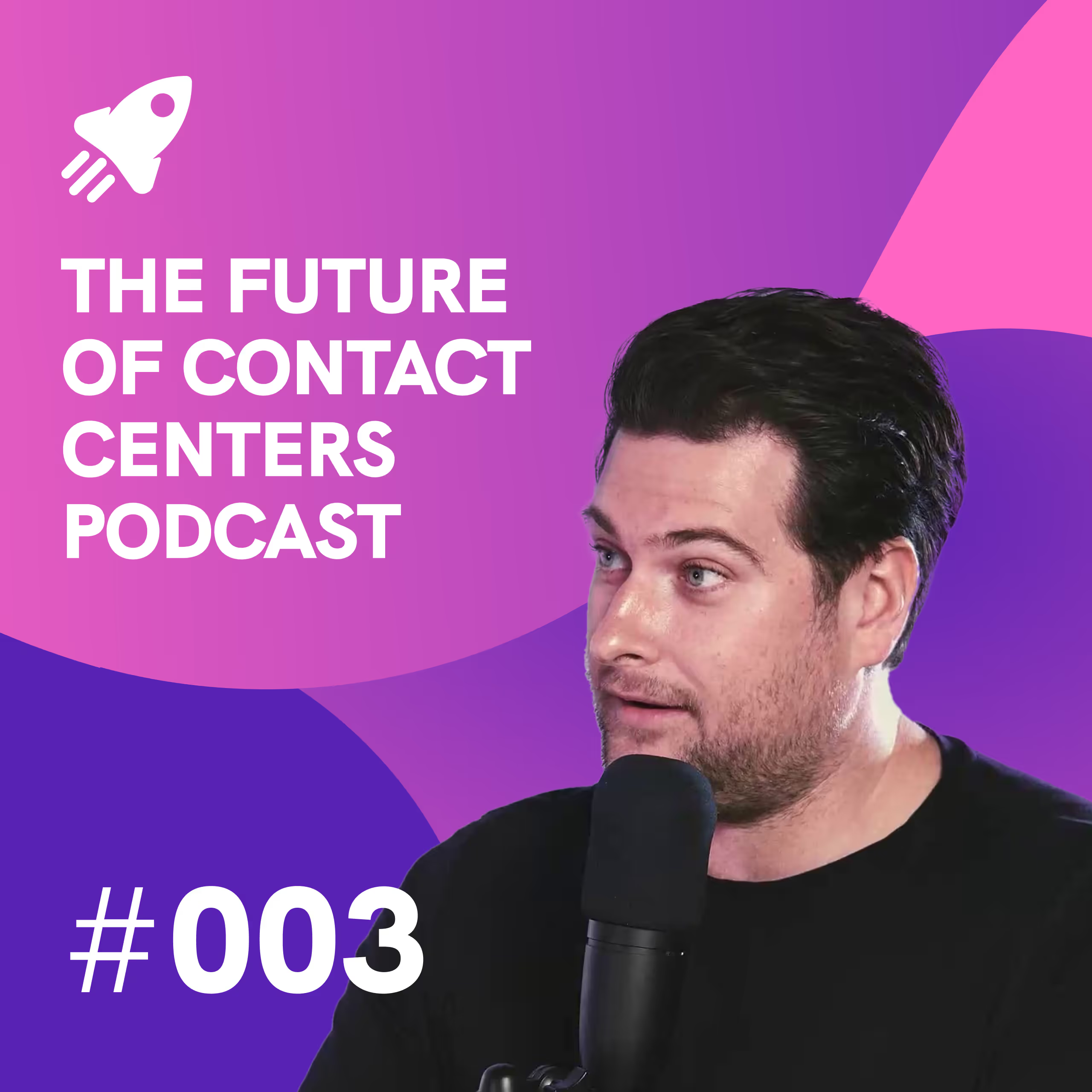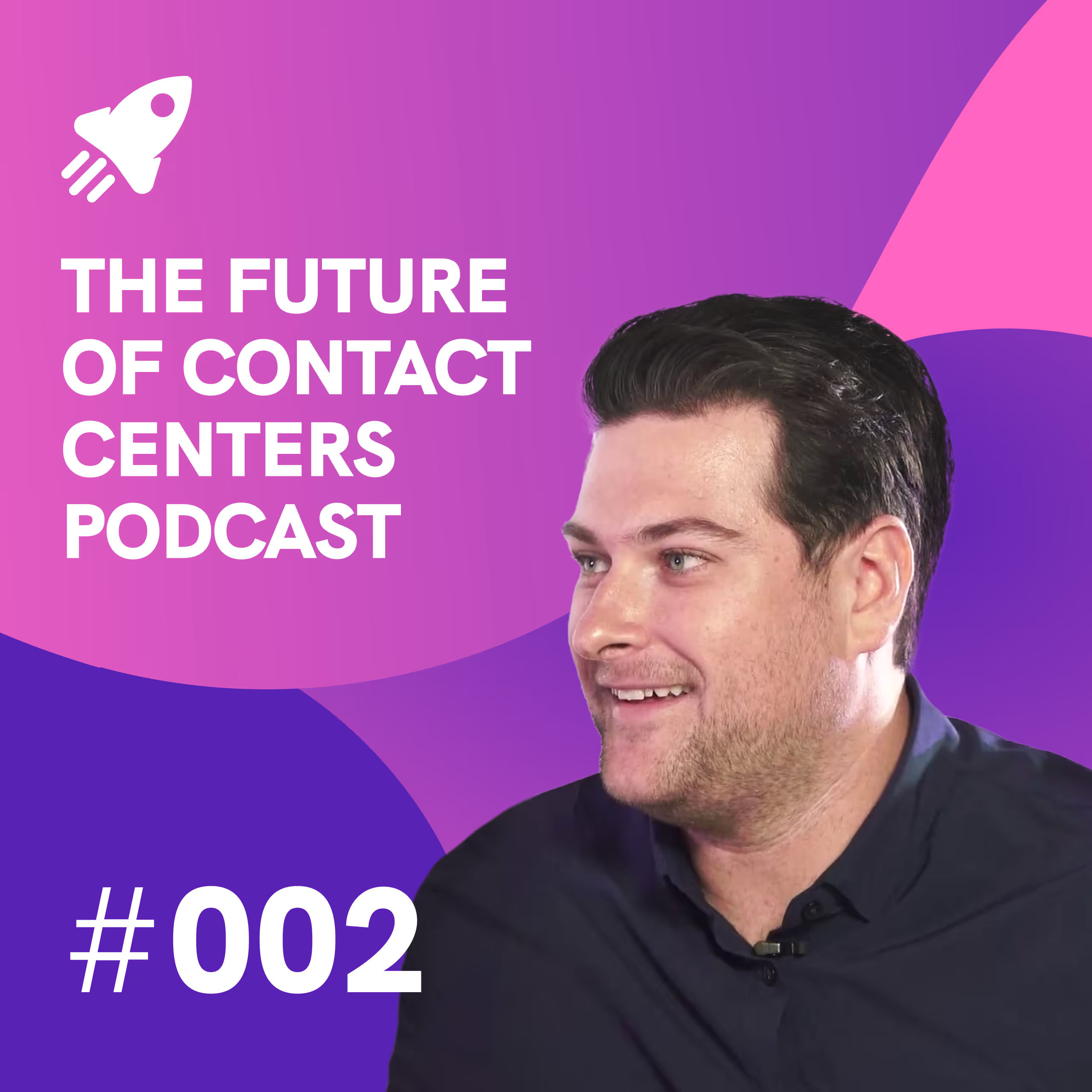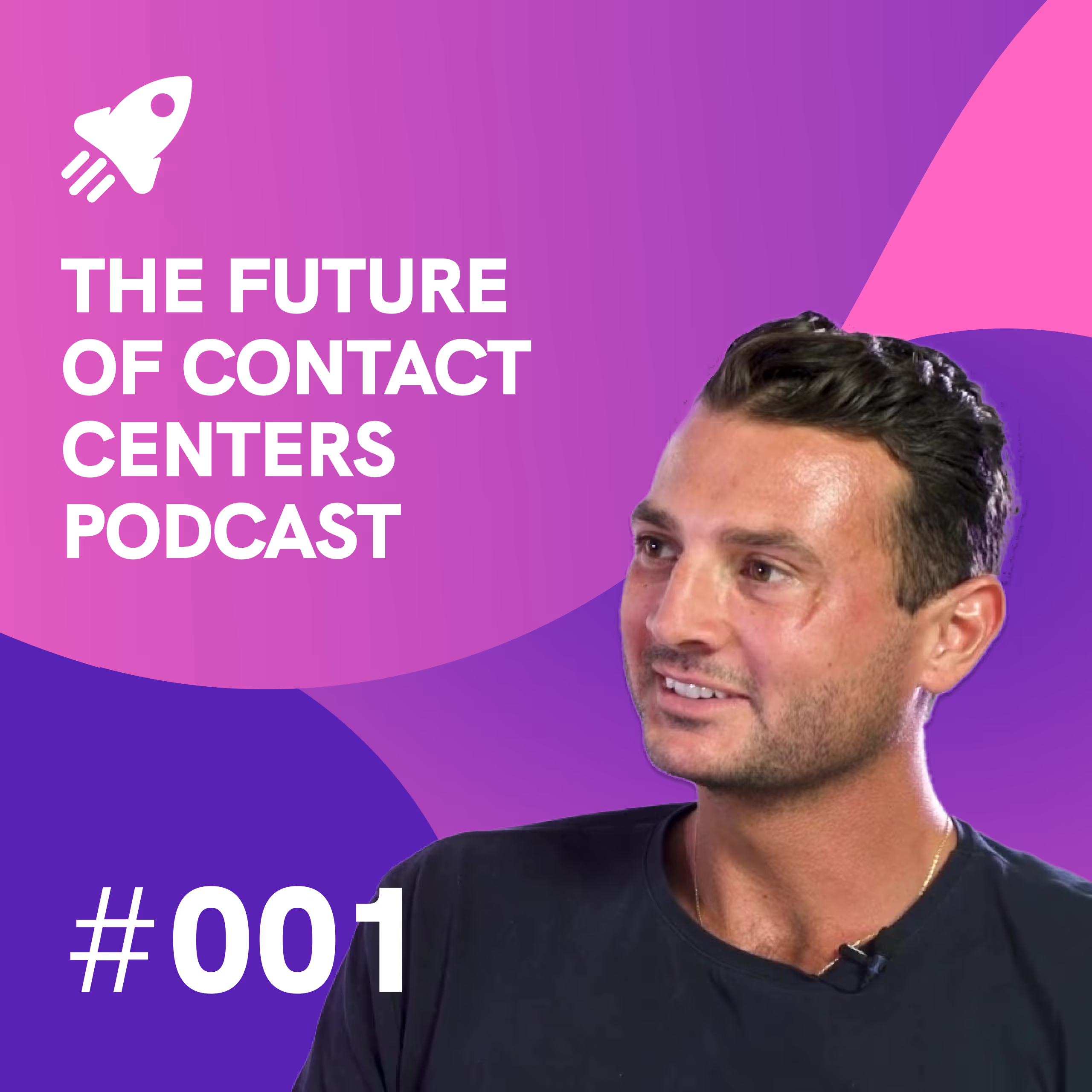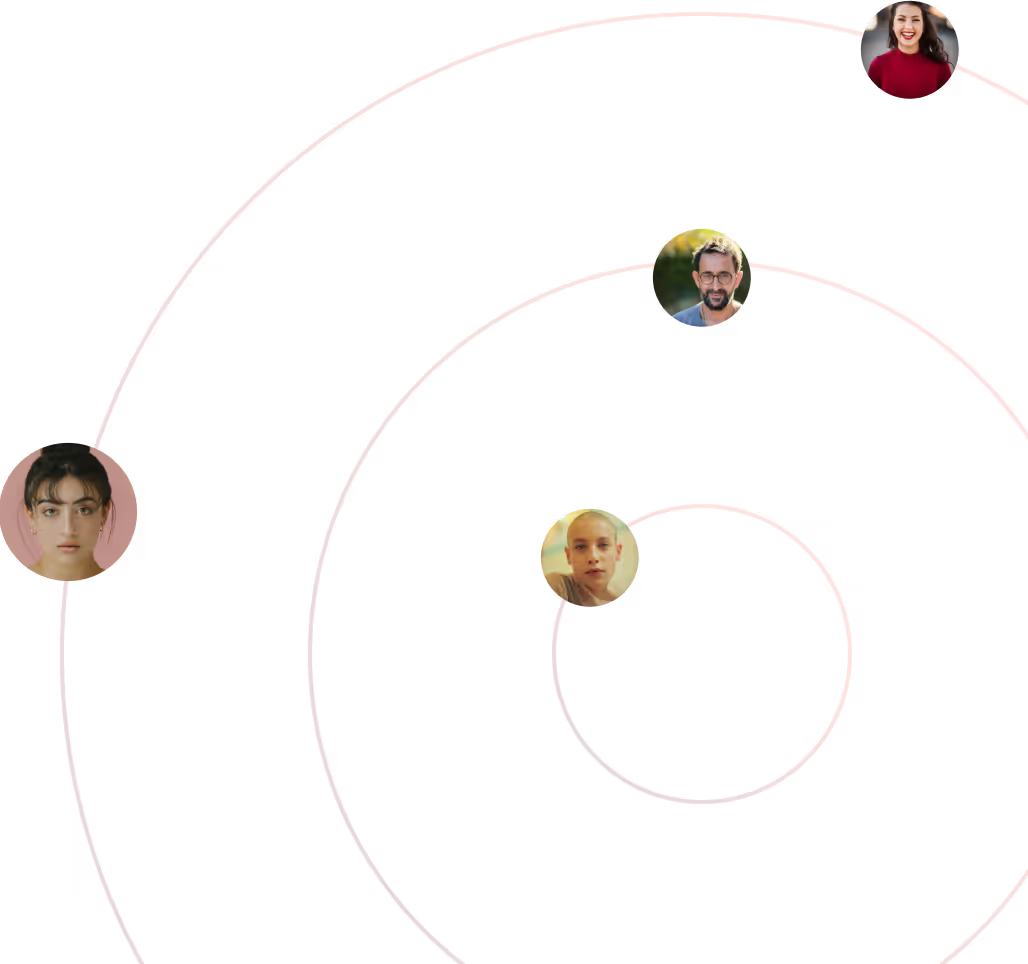In this episode, hosts Trevor Clark and Nate Nammour review contact center hacks made possible through flexible models.
Rethinking 'Hacks' in Management
The concept of 'hacks' in management might suggest quick fixes, but the hosts advocate for a deeper, more foundational approach. They stress the importance of implementing robust processes that enhance operational efficiency. The gig economy, particularly Gig Customer Experience (GigCX), plays a pivotal role in unlocking these efficiencies, offering a framework that fundamentally improves how contact centers operate.
The Gig Economy: A Focus on Autonomy, Mastery, and Purpose
Drawing inspiration from Daniel Pink's book, Drive, the discussion centers on the three intrinsic motivators: autonomy, mastery, and purpose. The gig economy redefines work by offering greater flexibility and autonomy, allowing agents to choose when and whom they work for. This shift is crucial in an era where rigid schedules and micromanagement are increasingly rejected.
Autonomy
Agents in the gig economy enjoy the freedom to set their schedules, choose their assignments, and work in environments that suit their personal and professional lives. This autonomy enhances satisfaction and productivity, aligning with the modern workforce's expectations.
Mastery
The gig model facilitates a pathway to mastery by matching agents with roles that capitalize on their strengths. This tailored approach not only improves job performance but also boosts confidence among agents as they see a clear connection between their skills and their tasks.
Purpose
Purpose is deeply intertwined with the type of work agents are assigned. For instance, agents working with healthcare clients might find a profound sense of purpose in knowing their work contributes to saving lives. This connection enhances job fulfillment and drives performance.
Training and Development in the Gig Economy
Addressing one of the most critical areas of contact center operations, the hosts discuss the evolution of training methodologies. The traditional model of lengthy, classroom-based training is becoming obsolete. Instead, e-learning platforms offer a dynamic and interactive way to engage agents, allowing them to learn at their own pace and retain more information. This method not only respects individual learning styles but also ensures that agents are operationally ready more quickly and effectively.
Economic and Operational Benefits
The gig economy doesn't just benefit agents; it offers substantial operational advantages for organizations. By leveraging a gig workforce, companies can achieve significant cost savings, estimated between 30 to 50 percent. This efficiency comes from precisely matching staffing levels to customer demand without the overhead associated with traditional staffing models.
The integration of the gig economy into contact center operations presents a compelling case for rethinking management and staffing strategies. By focusing on autonomy, mastery, and purpose, and by leveraging modern training techniques, contact centers can not only enhance agent satisfaction but also achieve unprecedented operational efficiency.
